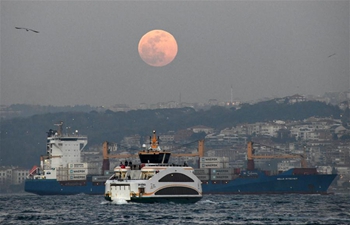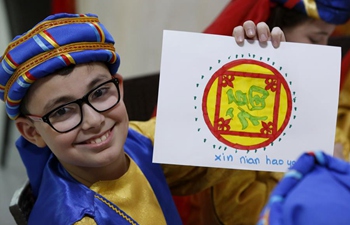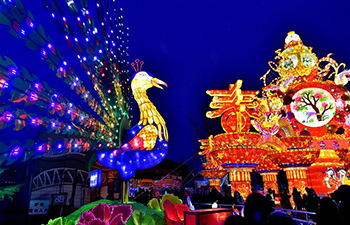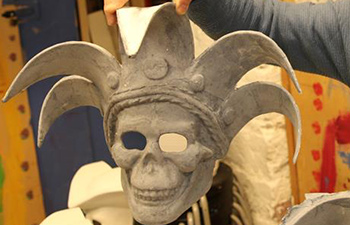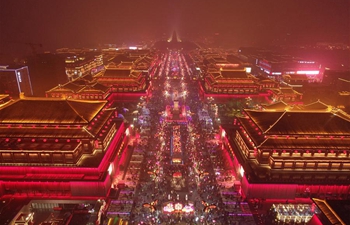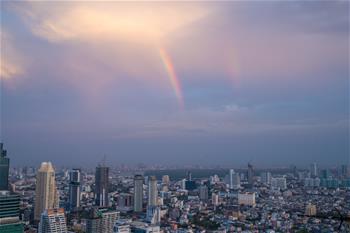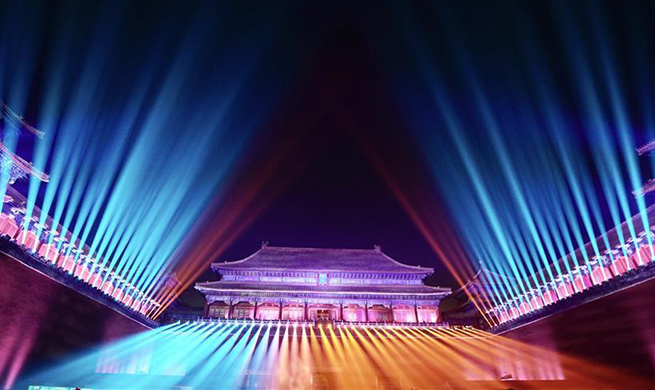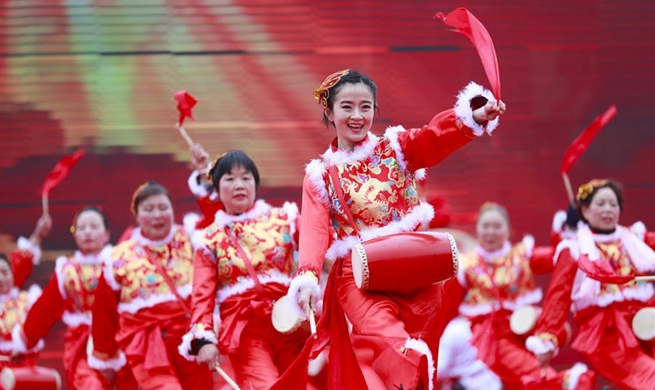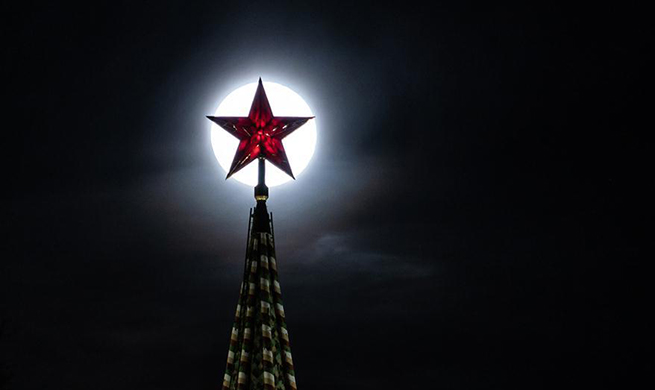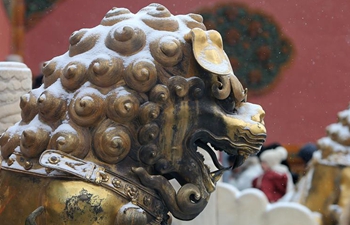by Duncan Murray
SYDNEY, Feb. 20 (Xinhua) -- The Sydney Conservatorium of Music staged the Middle Kingdom Festival on Tuesday night, showcasing a blend of Eastern and Western music by world class performers and marking the day of the Lantern Festival in the harbour city.
A range of Chinese and Australian talents from the countries' highest musical institutions proved their proficiency in Italian and Chinese Opera from the Tang Dynasty to now, via the baroque and romantic composers through to Andrea Bocelli.
While the event featured over 15 artists, at the center of it all was concert chairman and artistic director, Chai Changning. A long time resident of Sydney, Chai is widely recognized as one of the best Chinese flautists of his generation.
He has played extensively, with orchestras around the world as well as prolifically on movie scores, including The Last Emperor, which received an academy award for best soundtrack.
Speaking with Xinhua, Chai explained that part of what he was trying to achieve for the festival, now in its sixth year, was hinted at by it's name, "the Middle Kingdom Festival - it's where East meets West," he said.
"I always believed the East and West have common ground to share in which is through the music - the universal language."
Performing alongside Chai was organist Dr James Forsyth who said that spending time with his longtime collaborator and friend has introduced him not only to Chinese music but to the culture as well.
"I've enjoyed working with Dr Chai Changning for 30 years here in Sydney and we've done projects together and performed concerts all around the place," Forsyth said.
"I'm very happy and very honored to be part of tonight's concert. I've enjoyed the mix of music from Italian Opera to Chinese Opera, to folk songs and also mixing of West and Eastern instruments."
Chai says that when he is creating the program for the evening he takes into account the different tastes which audiences have.
One of the challenges is Australia's unfamiliarity with Chinese music - something which was especially true when Chai first moved to Sydney in the late 1980s.
Since then he has tried to help Australians to differentiate between the many genres of Chinese classical music.
"When I came here, 30 years ago, I brought all Chinese classical music. Tonight I bring Chinese Opera from 1300s, our Tang dynasty music from 600 AD - and of course I love Tibetan music," Chai said.
"So Australians, after 30 years have started distinguishing the genre of what this Chinese music may be, music from northern part of China, southern part, opera melodies, so the audience can gradually distinguish what Chinese music is about."
By blending the familiar and unfamiliar Chai helps the audience to better absorb and enjoy genres of music which they might otherwise disregard.
As Western Sydney University's vice-chancellor and president, Professor Barney Glover described the event "musicians both past and present have an important role in the cultural exchange process through their art and performance."
"As a universal language, music helps to unite the two countries and has become a bridge linking the people of the two nations as all appreciate, enjoy and celebrate musical experiences."
On the night of the Lantern Festival in Sydney, Italian composers like Verdi and Scarletti sat comfortably beside Chinese maestros such as Wang Shengli and Xu Jingqing, displaying a kinship which lies beyond the exterior cultures of both. And thus without saying so, Chai makes his statement, and East meets West.
